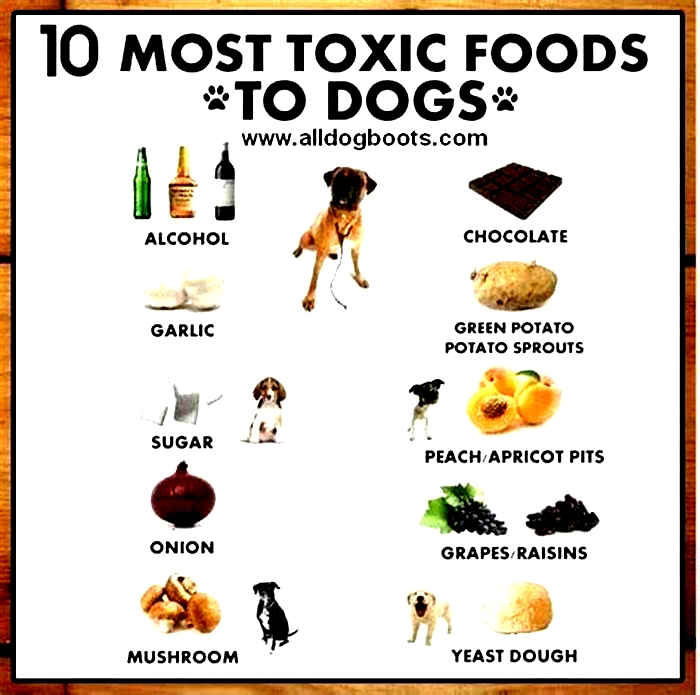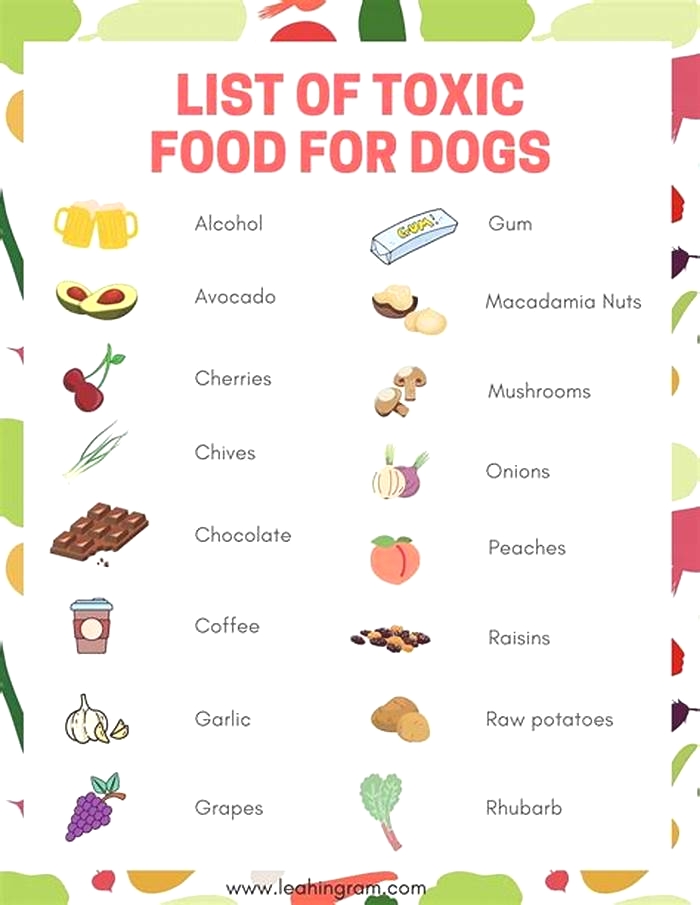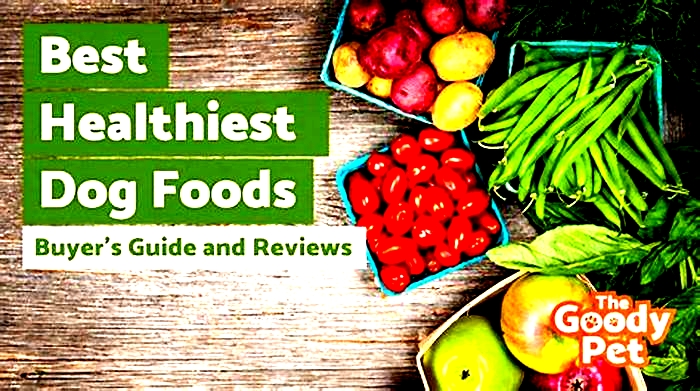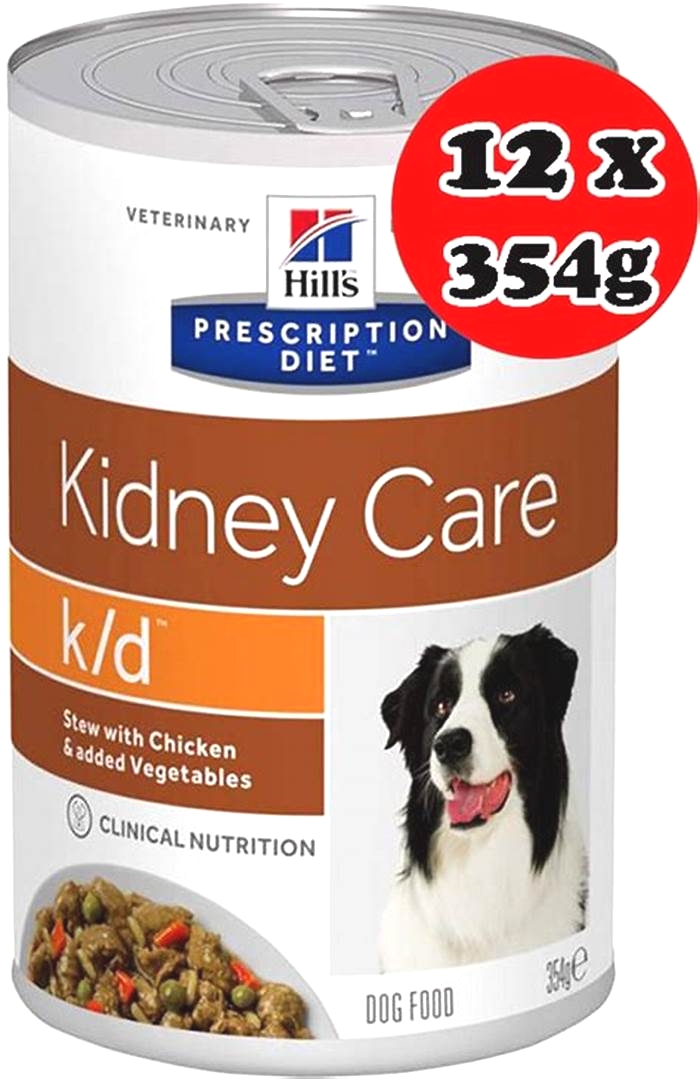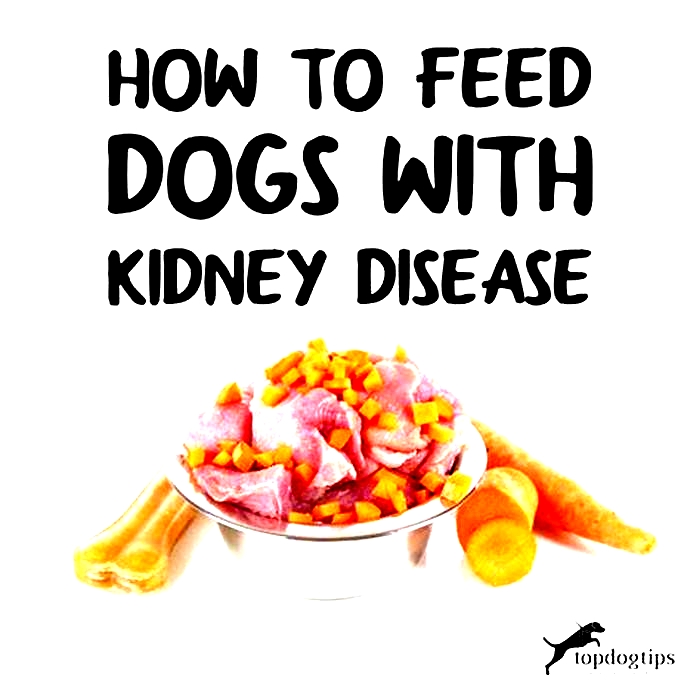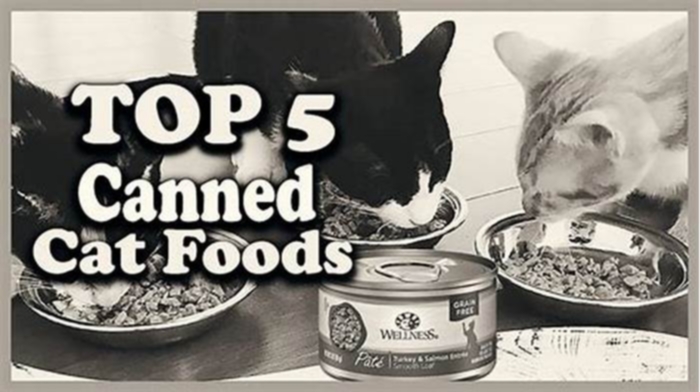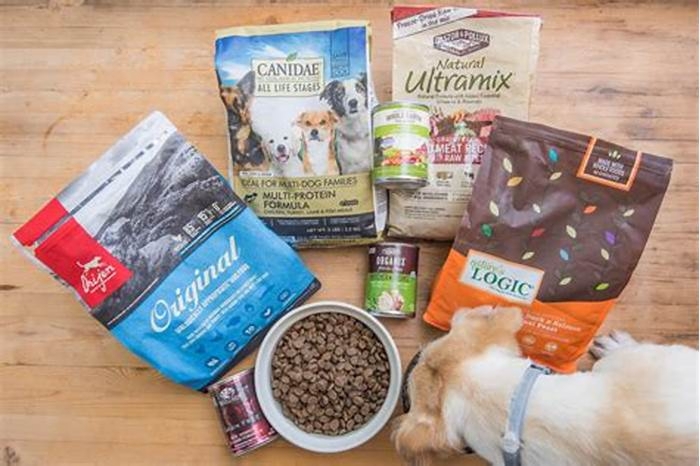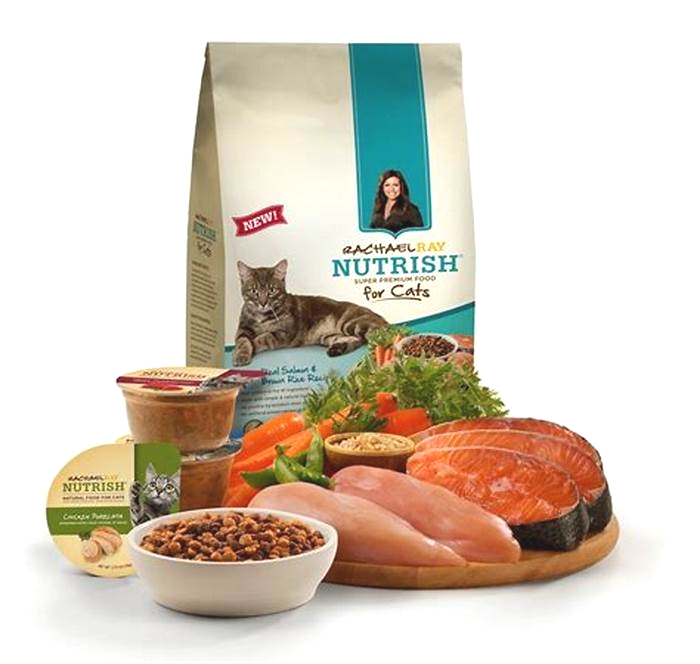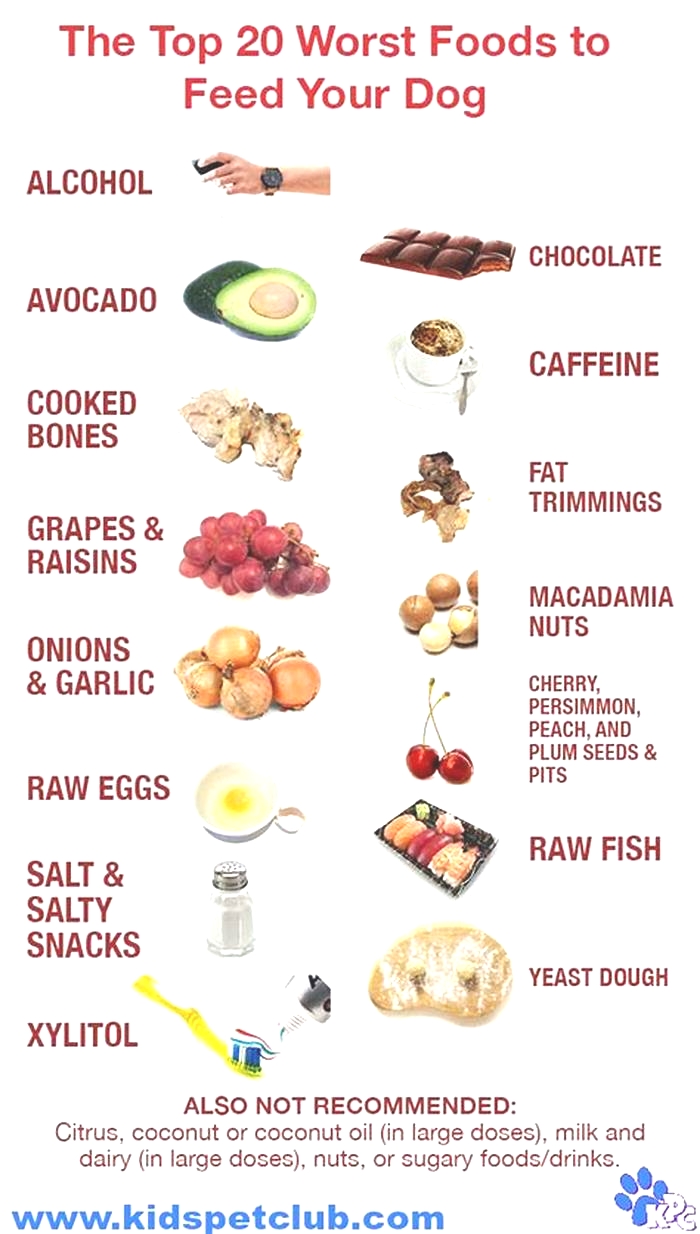What are the 10 toxic foods for dogs

Dangerous Foods for Dogs
Its only natural for dogs to be curious. But their curiosity can get them into trouble when they getinto areas where you store household items such as medicine and detergents. Many commonhousehold items that you use everyday can be harmful, and sometimes even lethal, to your dog.
This is a list of foods that are harmful to your dog. It is not an exhaustive list. if your dog ingests any of these it may cause vomiting, abdominal painand/or diarrhea. If anything like this were to happen our advice is to take your dog to your vet. As an alternative you can call the Pet Poison Helpline.
- Wild cherry

 Almond
Almond- Apricot
- Balsam Pear
- Japanese Plum
- May cause varied reactions:
- Yeast dough
- Coffee grounds
- Macadamia nuts
- Tomato and potato leaves and stems
- Avocados
- Onions and onion powder
- Grapes
- Raisins
- Chocolate
- Pear and peach kernels
- Mushrooms (if also toxic to humans)
- Rhubarb
- Spinach
- Alcohol
Toxic Foods for Dogs: 10 Choices to Avoid
Dogs are known to be our loyal companions, and as pet owners, it is our responsibility to take care of them. One way to do this is to make sure we avoid feeding them foods that can be toxic to their health. Unfortunately, some of the foods we humans love can cause severe harm to our furry friends.
These are the top 10 most toxic foods for dogs that pet owners should avoid to keep their pets healthy and safe:
1. Chocolate
The top food harmful to dogs is chocolate. Most of us are aware that its not a good treat for our dogs, but its still a common reason for dogs to take a trip to the vet!
Various natural chemicals found in cocoa the most important of which is theobromine can be toxic to dogs even in small quantities and can lead to seizures, irregular heartbeats, and death if left untreated.
Dark chocolate, which has a higher cocoa content, is more poisonous than milk chocolate. However, even chocolate-flavored baked goods such as cookies or cakes, can still pose a risk to our pets.
2. Grapes, Raisins, Sultanas, and Currants
Closely following chocolate in our top list of foods dogs should not eat are grapes and their dried versions currants, raisins, and sultanas. These can all cause kidney failure in dogs and unfortunately, theres no way to know how many grapes it will take to trigger this.
Some dogs can eat a handful of raisins with no issues, while others will develop kidney failure after just two or three grapes. Its not worth risking giving these fruits even as an occasional treat they are a strict no-no for dogs.
3. Artificial Sweeteners(Xylitol)
Xylitol an artificial sweetener can cause serious problems to our dogs if ingested. Their bodies can mistake it for real sugar, causing their pancreas to release a massive amount of insulin but theres no actual sugar present for their body to use. This makes their blood sugar levels drop dangerously low, which can lead to tremors, seizures, coma, and death. It can also cause damage to their liver, too. Xylitol can be found in a range of products, including candy, chewing gum, dental products, and even peanut butter.
Always check the ingredients before giving your dog any human foods and get them to a vet if they do eat something by mistake!
Related reading: How to Read a Dog Food Label
4. Onions and Garlic
Large amounts of onions and garlic can damage your dogs red blood cells, leading to potentially dangerous anemia. It can also cause serious upset stomach, too and thats not even thinking about what their breath would smell like!
It takes quite a lot of onions or garlic to cause issues, so the main dangers are in foods where the powered forms are used, such as gravy granules. If youre unsure, always consult a veterinarian for nutritional advice.
5. Caffeine
It might be a great pick-me-up for us humans, but we dont want to share our morning coffee with our dogs. Caffeine can lead to hyperactivity, muscle spasms, seizures, and irregular heartbeats, and can sadly be fatal in high enough doses.
In addition to coffee, watch out for caffeinated soft drinks such as Cola, Mountain Dew, and energy drinks. Caffeine tablets can also be very dangerous.
6. Alcohol
Alcohol isnt exactly great for our health, but its even worse for our dogs. Their smaller size means that it doesnt take much of a drink for them to suffer serious side effects, and the alcohol can even be fatal in some circumstances.
The flavor of strong alcohol in spirits is off-putting for most dogs, but cocktails, beers, and hard ciders may mask the taste enough for curious dogs to try them. Be sure to keep alcoholic drinks well out of the reach of dogs!
7. Macadamia Nuts
Most nuts are quite rich and can often cause an upset stomach in our dogs, but Macadamia nuts are poisonous to dogs in significant quantities. Not only do they cause vomiting and diarrhea, but they can also lead to weakness, wobbliness, muscle tremors, and a raised body temperature. Thankfully this is rarely fatal, but it is still unpleasant for the dog and best avoided.
8. Dairy Products
While not technically toxic, dairy products such as milk, cheese, or yogurt can cause some severe gut upset in dogs. Most dogs are lactose intolerant, meaning that they do not produce the enzyme needed to digest some of the sugars found in milk. These sugars are instead fermented by the bacteria in your dogs gut, leading to bloating, diarrhea, and extremely bad gas.
The more milk your dog drinks, the worse this effect will be so if you are going to give your dog any dairy products, make sure its just a small amount!
9. Bones
Again, bones are not technically a toxin but are certainly a foodstuff that can be dangerous for dogs. Both cooked and raw bones can cause any number of different issues within the body, from breaking your dog's teeth or getting stuck in the throat to intestinal blockages or firm, spiky stools that can be excruciatingly painful to pass.
Sure, on many occasions, dogs may be able to enjoy a bone without any of these complications but when the risks are so serious, do you really want to roll the dice?
10. Salt
Salty foods are often very appealing to dogs, but too much salt is not a good thing. Dogs who eat a large amount of salt in a short period of time can end up with salt poisoning a serious condition that can be fatal without treatment.
Some dogs with certain health conditions should avoid any extra salt in their diet for example, dogs with heart or kidney conditions, or epileptic dogs who are taking potassium bromide to treat their condition.
Keep high-salt foods out of the reach of dogs and be especially careful with homemade salt dough, which can be very dangerous to pets.
Conclusion
Many human foods are not good for our dogs and can cause anything from an upset stomach to a life-threatening illness. Its best to stick to a complete and balanced diet thats designed for dogs dont feel the need to go for something trendy like grain-free or raw. A few treats are fine but stick to those designed for dogs or something plain like cooked chicken or vegetables.
If you think your dog may have eaten something toxic, consult a veterinarian immediately for advice.
Toxic Food For Dogs
The food we eat is delicious, but some of it can be toxic to our pets.
When your dog or cat enjoys occasional treats from the dinner table, a home-cooked diet, or even gets into food not meant for him or her, please keep in mind that these following foods are not safe. This is even more important during the festive season when family and friends can often think they are doing your dog a favour by feeding him a special treat.
Bread Dough
While cooked bread is generally safe for our pets, uncooked bread dough made with yeast can cause problems. The yeast in the bread dough can make ethanol gas when it ferments in a warm and moist environment, such as the stomach. This ethanol gas can lead to a distended stomach, possible twisting of the stomach (GDV, also known as bloat), or alcohol toxicosis. The effects of alcohol can include stumbling, weakness, blindness, vomiting and loss of consciousness. If your pet eats bread dough, please seek medical attention immediately.
Chocolate
Chocolate is delicious to people and animals alike. Unfortunately, dogs and cats are unable to clear the metabolic products as quickly as humans do, which leads to toxic effects. Chocolate (except for white chocolate) contains theobromine and caffeine. Both of these products can dangerously stimulate the bodys heart and nervous system, leading to irregular heart rhythm, high blood pressure, muscle tremors and possibly seizures. Because the various types of chocolate contain different amounts of theobromine, you should contact a veterinarian immediately to determine if your pet needs emergency treatment.
Macadamia Nuts
Macadamia nuts can affect the nervous system, joints and gastrointestinal tract in dogs. Symptoms may include painful joints, vomiting, weakness, unsteady gait, tremors and depression. Because even a small amount of nuts can cause symptoms, immediate treatment by a veterinarian is recommended.
Grapes and Raisins
Approximately half the number of dogs who eat grapes or raisins develop kidney failure. Unfortunately, the toxic agent in the grapes/raisins has not been identified, and it is unknown why some dogs are affected by the fruit while others are not. Even one grape or raisin has the possibility of affecting the kidneys, so immediate medical attention is recommended for all dogs that may have eaten any. There are limited reports of kidney failure in cats after eating grape/ raisins, but it is uncertain if this is due to decreased toxicity or decreased likelihood of eating the fruit. Because kidney failure can be fatal, hospitalisation for several days and fluid therapy to support the kidneys is usually recommended when grapes/raisins have been eaten.
Mouldy food
Mould on food can produce toxins which affects the nervous system in dogs and cats. Foods most often associated with these toxins include mouldy dairy products, walnuts, peanuts, or grain products including pasta and bread. Access to a compost bin or decaying plant material is also associated with these toxins. Symptoms can be severe and range from mild muscle tremors to hypersalivation, agitation, seizures, overheating and even death. Most patients with this toxicity require hospitalisation and aggressive treatment. Any pet known or suspected to have eaten mouldy food should be brought to a veterinarian for mergency treatment.
Onions and Garlic
Raw or cooked onion and garlic contain compounds which damage red blood cells, leading to anaemia. Cats are more susceptible than dogs. Symptoms may not be visible for several days following ingestion, and can include weakness, lethargy, pale gums, vomiting, diarrhoea, and increased breathing rate or effort. If the anaemia is significant, a blood transfusion may be necessary. Any pet found to have eaten onions or garlic should be brought to a veterinarian for emergency treatment.
Salt
The most common causes of excessive salt ingestion include homemade play dough, paintballs, de-icing salts and sea water. Symptoms associated with salt toxicity include vomiting, diarrhoea, muscle tremors, weakness, difficulty breathing, seizures and loss of consciousness. Patients with salt intoxication require immediate and aggressive medical care
Xylitol
Xylitol is a sugar substitute used in many foods including gum, hard candies, baked goods and toothpaste. Dogs are highly sensitive to this product, and it can rapidly drop blood sugar levels and affect the liver. Clinical signs can include vomiting, weakness, tremors, seizures, collapse, bleeding and jaundice. Effects on blood sugar occur rapidly while liver changes may take 1-3 days to develop. Hospitalisation with close monitoring and aggressive care is recommended for dogs with who have ingested xylitol.
Mushrooms
These can be extremely injurious to pet health and even fatal to dogs. Some kinds are worse than others, so it is best to prevent your dog from coming into contact with mushrooms of any type. Ensure that dogs are not attracted to wild mushrooms either, as these are poisonous to everyone, including humans.
Avocado and Persimmons
Avocados cause fluid accumulation in the lungs and are very toxic to dogs. Every part of them, including fruit, pits, jacket and leaves, are dangerous. The same goes for persimmons.
Tomatoes, Potatoes and Rhubarb
Tomatoes, especially unripe green ones, are toxic and can cause all sorts of problems that can lead to heart failure. Potato jackets are especially bad for dogs, as is the entire rhubarb plant. In fact, some parts of rhubarb are toxic to humans, too.
Nutmeg
This appears in various foods, especially those eaten around the holidays. It can be lethal to dogs. Avoid feeding processed gingerbread cookies, eggnog and other nutmeg-laced products to your canine friend.
Alcohol
While it is something that may happen in movies and on television, dogs should never ingest liquor of any sort in real life. Alcohol causes various behavioural problems (similar to humans) and may cause seizures, cardiac arrest and death, depending on how much alcohol a dog has consumed.
Source: http://www.womansday.com/life/pet-care/a3775/pethealth-101-10-toxic-foods-for-dogs-77184/ Author: E.A. Anne
Written By Dr Mara Hickey DVM Head Emergency & Critical care Service The Sydney University Veterinary Teaching Hospital www.uvths.com.au
Mara has been in the field of emergency and critical care medicine since 1996, first working as a veterinary assistant, and later obtaining certification as a veterinary technician. She graduated as a veterinarian from the University of Wisconsin in 2008 and pursued additional training at a private practice emergency referral hospital as well as at the University of California at Davis. In 2014, she completed a residency in emergency and critical care at a private practice in Los Angeles. She moved to Australia in May 2015 to head the emergency and critical care service.

